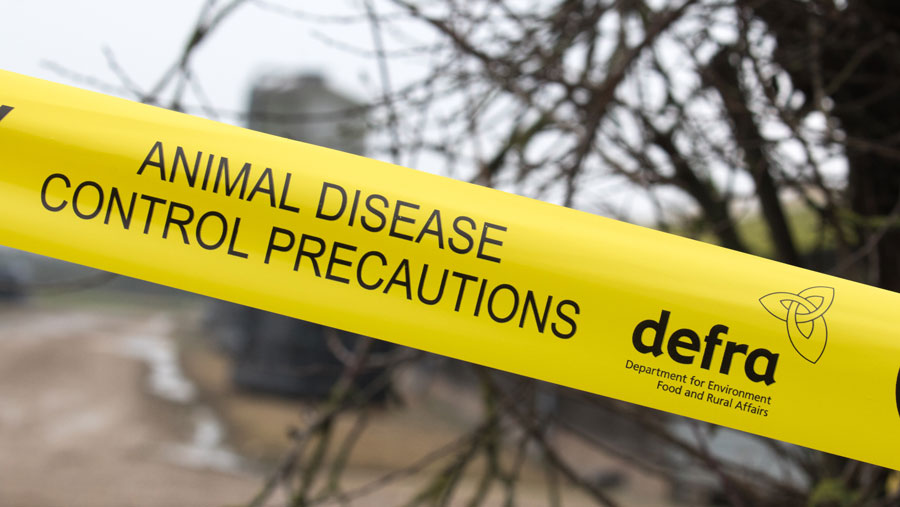Avian flu hits four poultry flocks in five days
 © Tim Scrivener
© Tim Scrivener The UK’s worst-ever avian influenza outbreak has continued to hit poultry farms in the South West with four cases in five days among Devon flocks.
Two of the cases were in commercial-scale duck and quail egg farms. The other two were in backyard flocks close by.
All birds in the outbreaks have been humanely culled to help limit the spread of the disease. In addition, farms in the area where the latest cases were found will be placed under 3km-wide protection zones and 10km surveillance zones.
See also: Q&A: Guidance on avian flu with England’s chief vet
Latest cases
- 5 August Ashburton, Teignbridge, Devon
- 7 August Cullompton, Mid Devon
- 8 August Cullompton, Mid Devon
- 10 August Tiverton, Mid Devon
The latest cases bring the total number to 109 in England – four times higher than the previous high for a seasonal outbreak. The length of the outbreak is also unprecedented with the whole of Britain still under an Avian Influenza Protection Zone (AIPZ) well into August.
In prior outbreaks the latest an AIPZ has been in force was late April, British Free Range Egg Producers Association chief executive Robert Gooch pointed out.
Mr Gooch said that the reason for the long duration was down to the virus itself.
“This H5N1 type is the most potent and durable virus we have yet seen,” Mr Gooch said. “The current hot weather would normally have wiped out the virus months ago, but this particular one has persisted.
“It has also been the most infective and lethal,” he added. “We are wondering whether there will be any gap between the 2021/22 outbreak and the anticipated reintroduction of a new virus strain by migratory birds in the autumn,” Mr Gooch said.
‘Not endemic’
However, he strongly rebutted any suggestion that avian influenza was endemic in the UK. As with all viruses, this strain will eventually recede. Wild birds that have been exposed and survived will develop immunity and the virus’s ability to replicate will diminish, Mr Gooch said.
He also insisted that the continuing cases did not require a return to a Housing Order, requiring birds to be kept indoors. These orders are only put in place when the risk to outdoor flocks reaches a certain severity trigger point. The vast majority of the UK is unaffected by the disease now and a Housing Order is unwarranted, Mr Gooch said.
In fact, with the disease confined to the Devon area, Mr Gooch said the government should rescind the nationwide AIPZ to allow flocks that are not at risk to return to normal.
The nationwide rule should instead be replaced with a focused zone centred on the Devon area where cases are ongoing, Mr Gooch suggested.
“Although we are calling for the national AIPZ to be removed, it is imperative for the whole sector to remain vigilant for signs of the disease and to uphold stringent biosecurity measures,” he said.
Contacts and information
If you find dead swans, geese, ducks or other wild birds, you should report them to the Defra helpline on 03459 33 55 77.
Birdkeepers must report suspicions of disease:
- England Defra Rural Services Helpline 03000 200 301
- Wales 0300 303 8268
- Scotland Contact the local field services office
- Northern Ireland 0300 200 7840.
